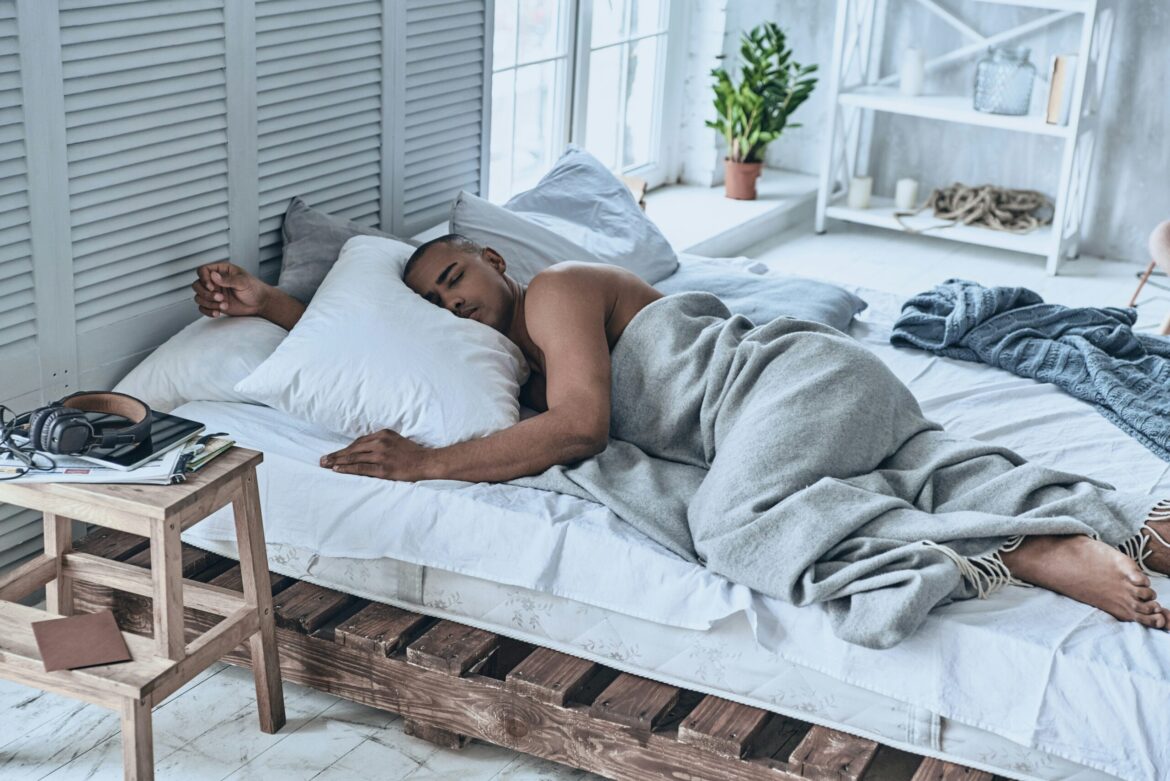The Hidden Dangers of Sleep Tracking
Sleep tracking devices have become increasingly popular, promising to improve sleep quality by providing detailed data about our sleep patterns. However, what may seem like a tool for better sleep can actually make insomnia worse for some individuals. The obsession with sleep data and the pressure to achieve “perfect” sleep can lead to increased anxiety, making it even harder to get restful sleep. This phenomenon, known as orthosomnia, is becoming more common among those who use sleep trackers regularly.
What Is Orthosomnia?
Orthosomnia refers to the anxiety and stress that arises from obsessively monitoring sleep data. According to clinical psychologist Kelly Glazer Baron, who coined the term, people who are overly focused on achieving optimal sleep metrics often end up with poorer sleep. This is because they become fixated on reaching perfect sleep scores, which in turn creates anxiety about their sleep quality. Instead of resting, they are worrying about their sleep tracker, making it harder to fall asleep or stay asleep.
How Sleep Tracking Can Make Things Worse
For some people, obsessing over sleep stats can lead to a vicious cycle of anxiety. Psychologists and sleep specialists have noted that seeing specific numbers or metrics from a sleep tracker can worsen anxiety, especially for those prone to perfectionism or stress. Clinical psychologist Thea Gallagher explains that tracking sleep might cause users to scrutinize every little detail of their sleep cycle, even though the data may not be reliable or meaningful.
The Limitations of Sleep Trackers
While sleep trackers provide some helpful data about the amount of time spent asleep, they are not always accurate when it comes to measuring the quality of sleep stages, such as REM sleep. According to Dr. Kenneth Sassower, a sleep medicine physician, most consumer sleep trackers cannot precisely measure REM sleep, and claims about their accuracy in tracking specific stages are often overblown. Additionally, knowing the amount of REM sleep a person gets may not be as important as people think. Different individuals need different amounts of REM sleep, and variations in these stages do not necessarily indicate a sleep problem.
Why Your Sleep Tracker Might Be Misleading
The problem arises when we allow the numbers on our sleep tracker to influence how we feel about our sleep. Dr. Gallagher explains that our beliefs about our sleep, shaped by data from the tracker, can negatively impact our mood and energy levels. For example, a person might wake up feeling rested, but upon seeing that their tracker shows only six hours of sleep, they may feel irritable and believe they didn’t get enough rest. This creates a feedback loop where the data on the tracker becomes more important than how the person actually feels.
How to Manage Your Relationship with Sleep Trackers
If you find that your sleep tracker is causing more harm than good, it might be time to reconsider how you use it. Dr. Gallagher suggests reflecting on why you are using a sleep tracker in the first place. Are you looking for patterns that could improve your sleep, or are you just obsessing over numbers that might be causing more stress? Some individuals may benefit from taking a break from their sleep tracker entirely, while others may just need to limit how often they check it. Dr. Sassower recommends checking the data once a week rather than every night, which allows for a more balanced view of your overall sleep trends.

